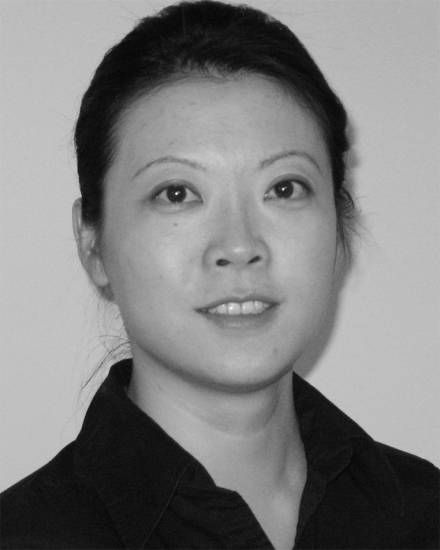I. System Model and Problem Formulation
The growing exploitation of Internet of Things (IoT) in industrial section has yielded a variety of computation-intensive yet delay-sensitive applications, e.g., unmanned warehouse and unmanned factories. However, due to the cost and hardware issues, conventional IoT devices (IoTDs) are usually equipped with limited computation resources, leading to a poor performance when running the computation-intensive tasks. Thanks to the recent advances in multiaccess radio networks, the paradigm of multiaccess mobile edge computing (MA-MEC) has provided a promising approach to address this issue [1]. With MA-MEC, an IoTD can offload part of its computation tasks to several nearby edge-computing servers (ECSs) equipped with a sufficient amount of computation resources, which effectively reduces the latency in completing the tasks. The advantage of MA-MEC and its applications have attracted a lot of research interests [2]–[7]. In particular, the joint management of communication and computation resources plays a crucial role to the performance of computation offloading, e.g., energy efficiency [8]–[12]. Thanks to the recent advances in deep learning (DL), many research efforts have been devoted to exploiting DL for computation offloading [16]–[24].






